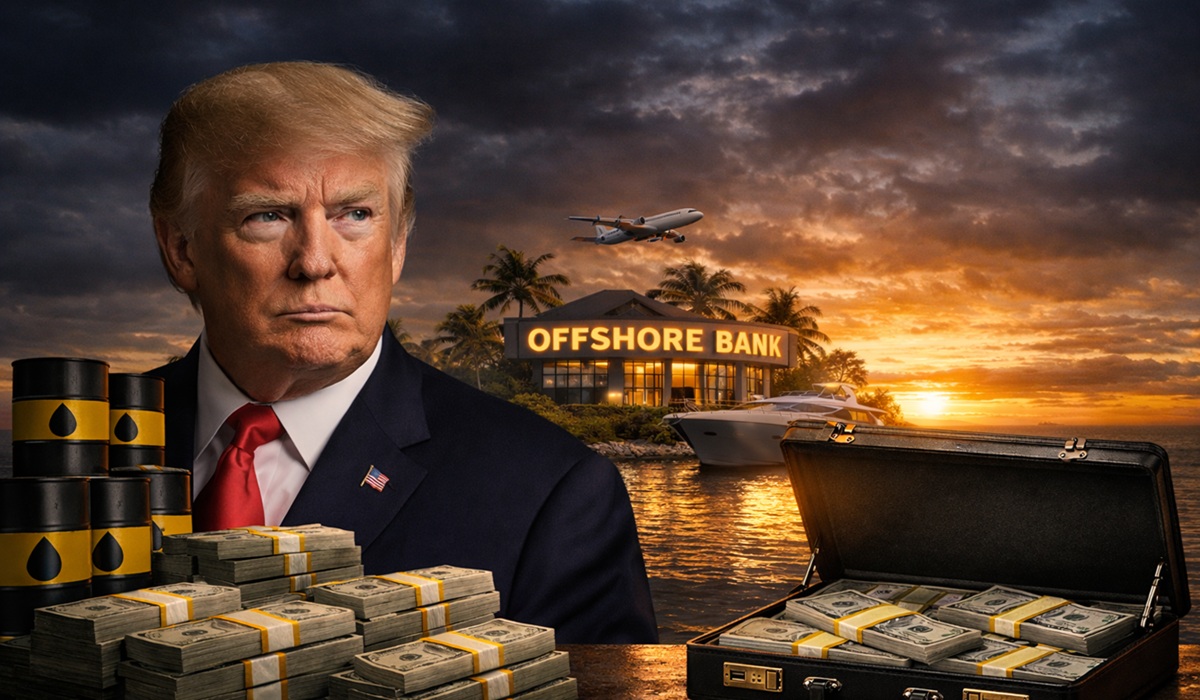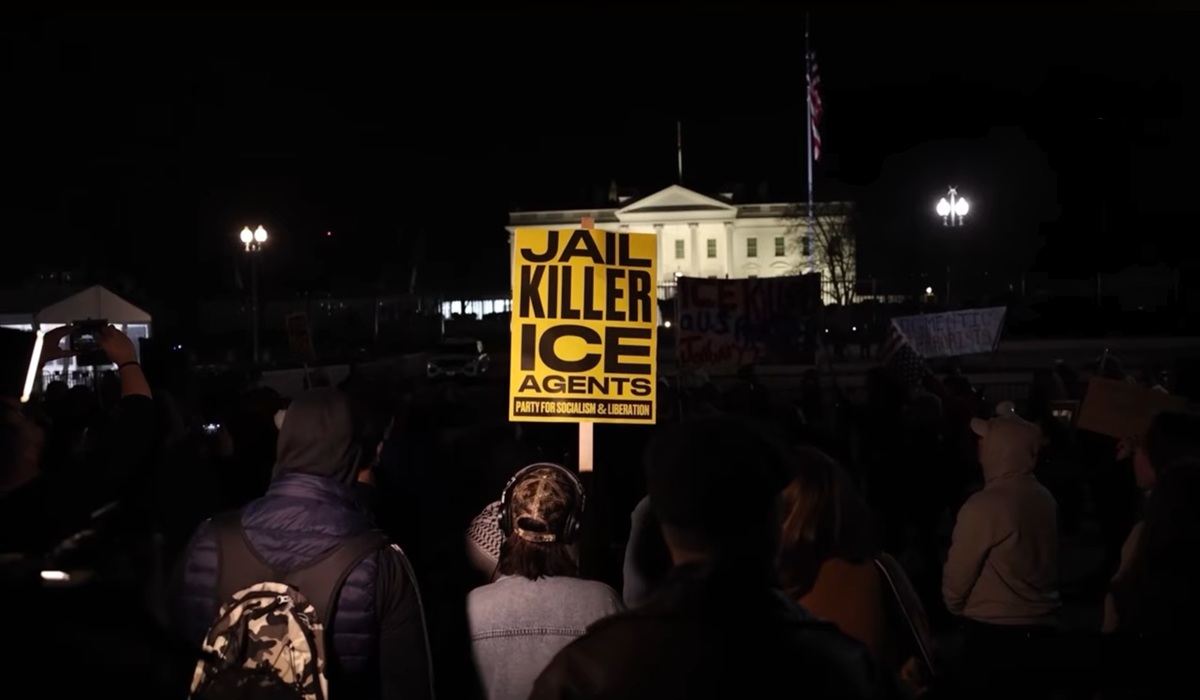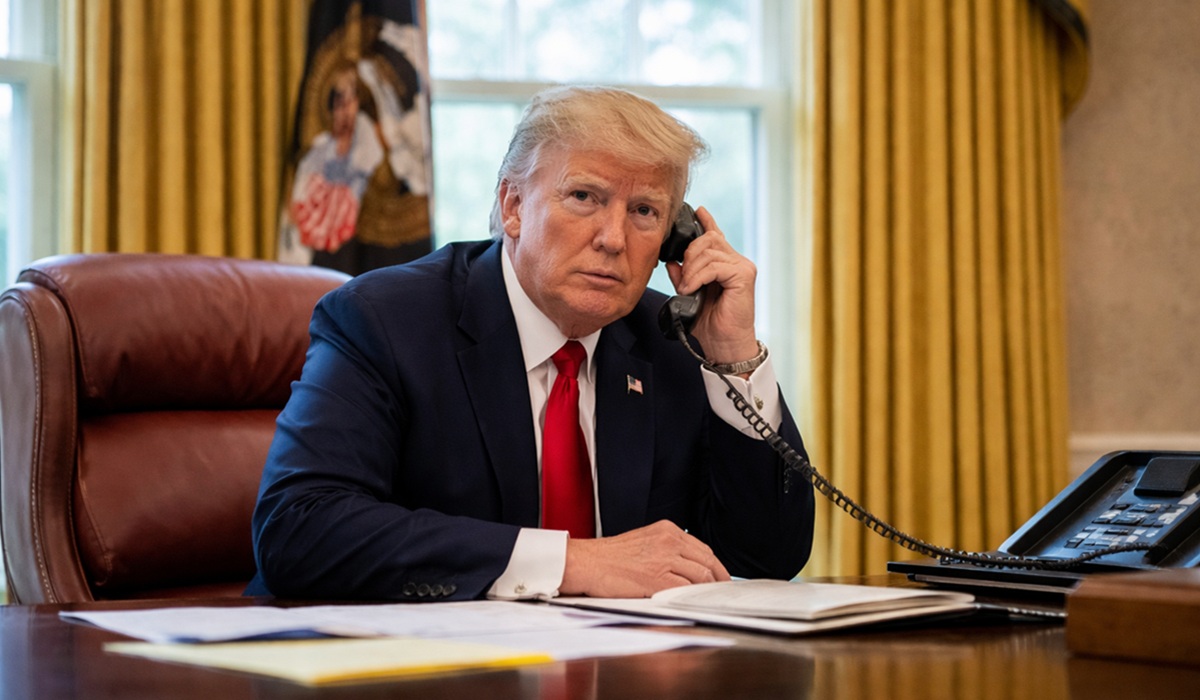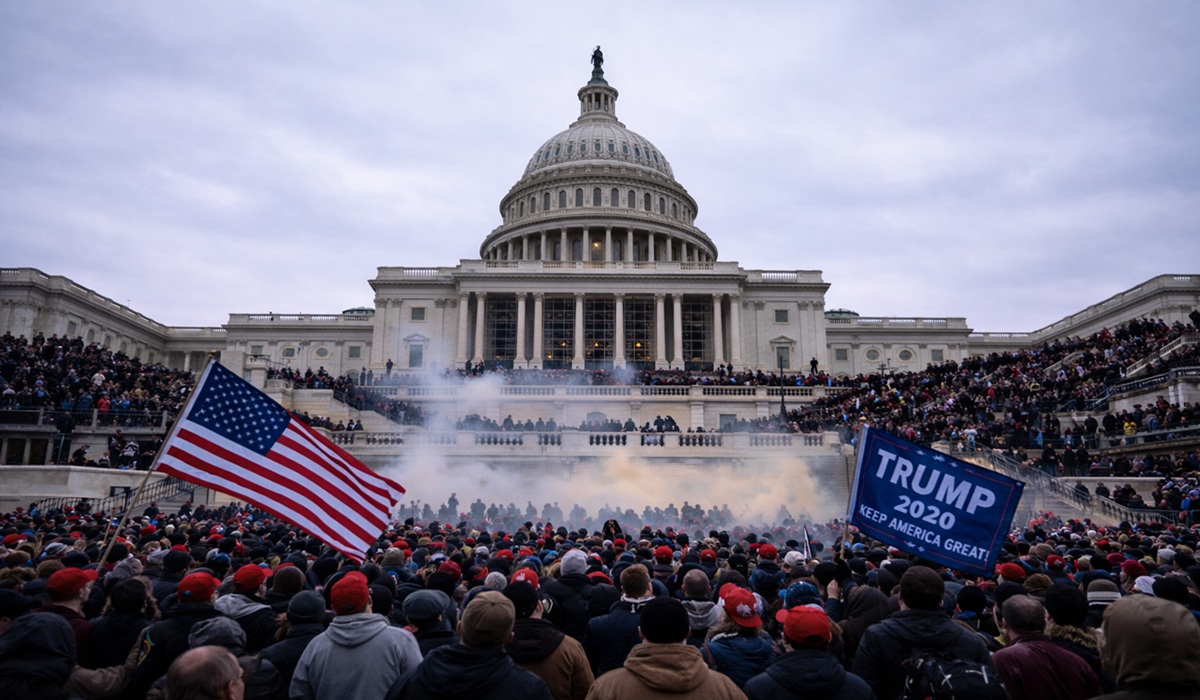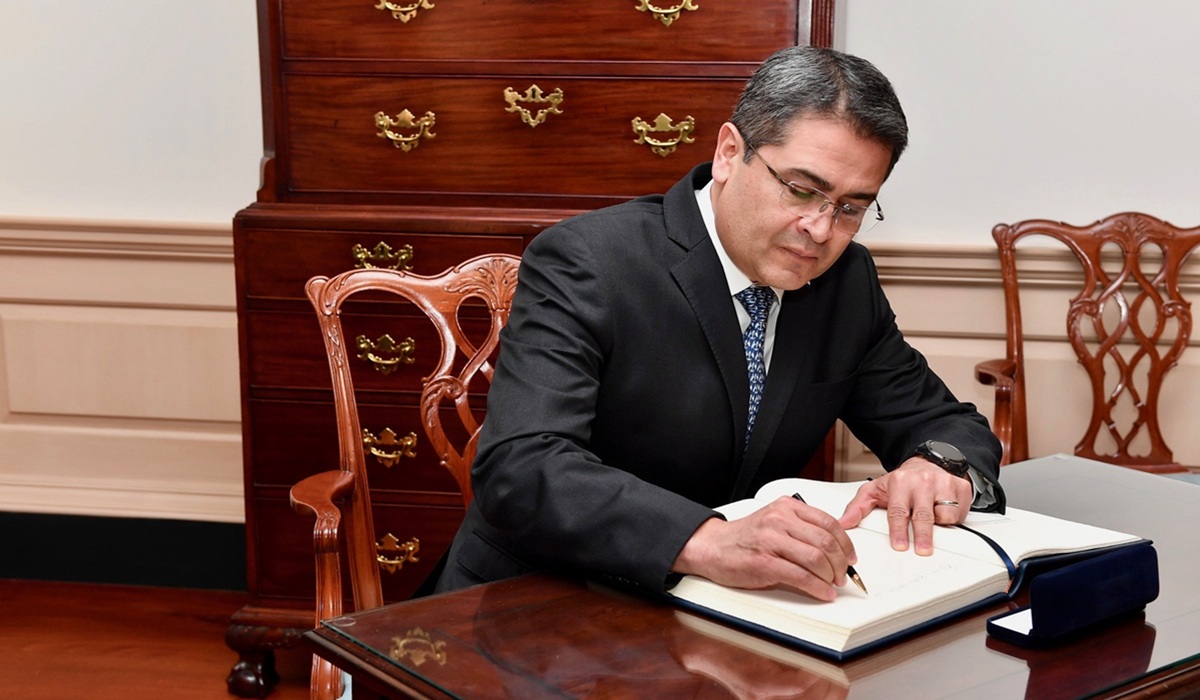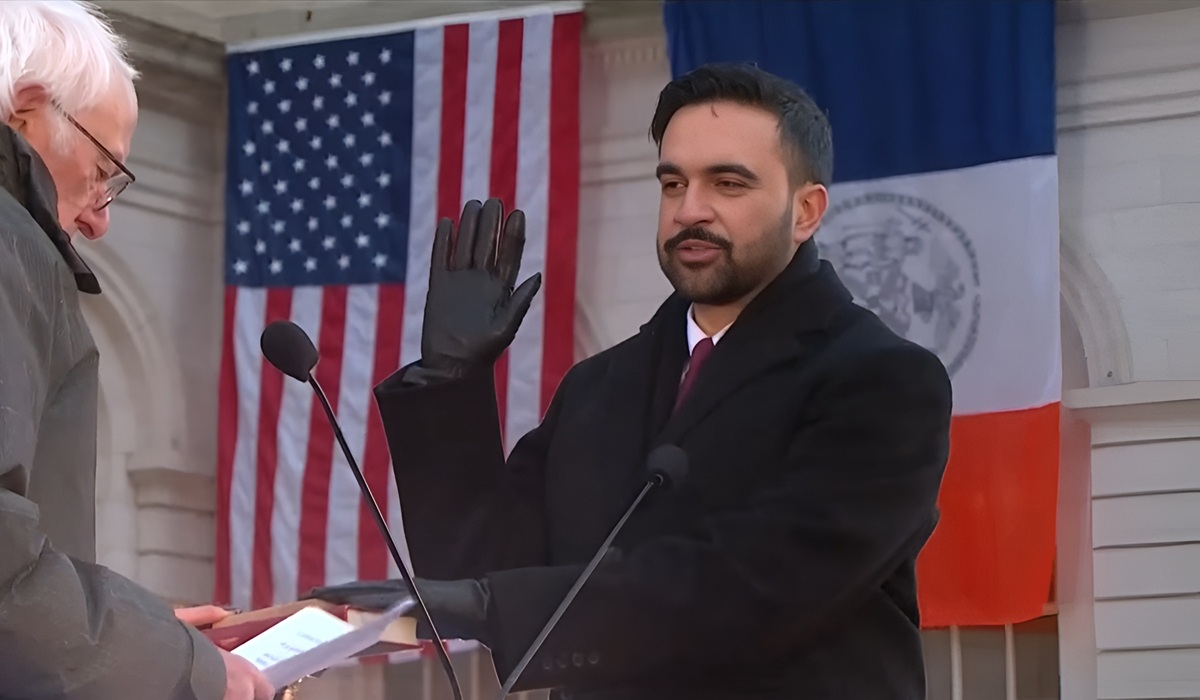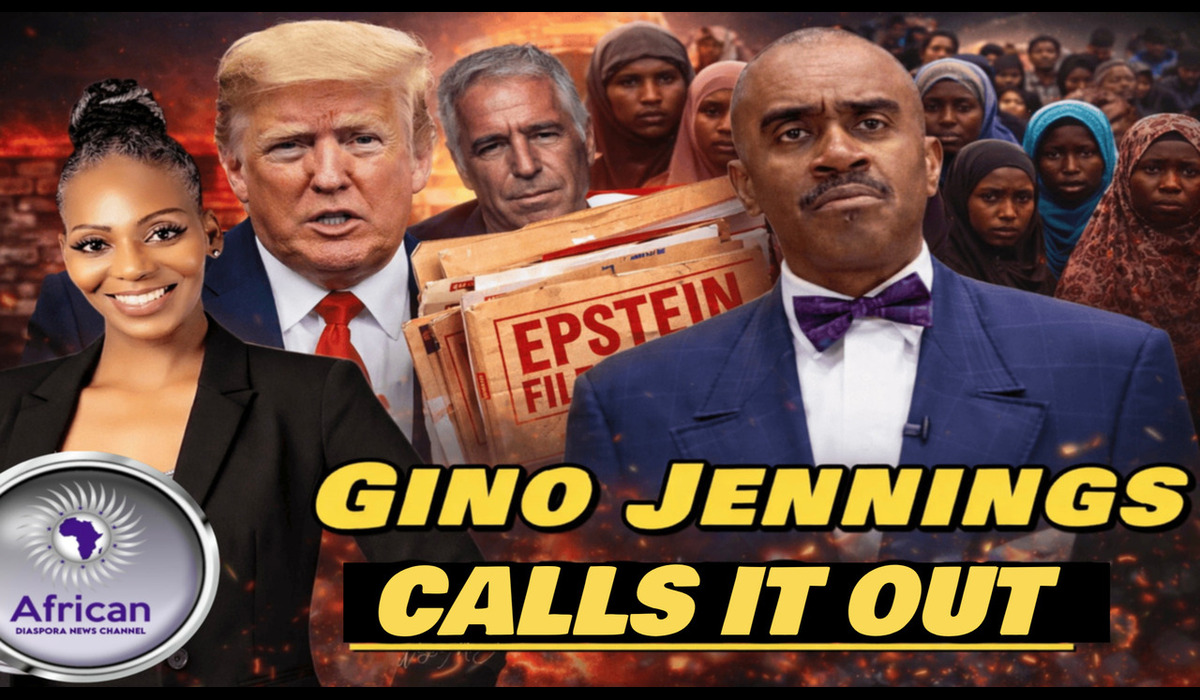D.C. Lawsuit Challenges Presidential Power Over Police Takeover
- Naomi Dela Cruz
- U.S.A
- August 15, 2025
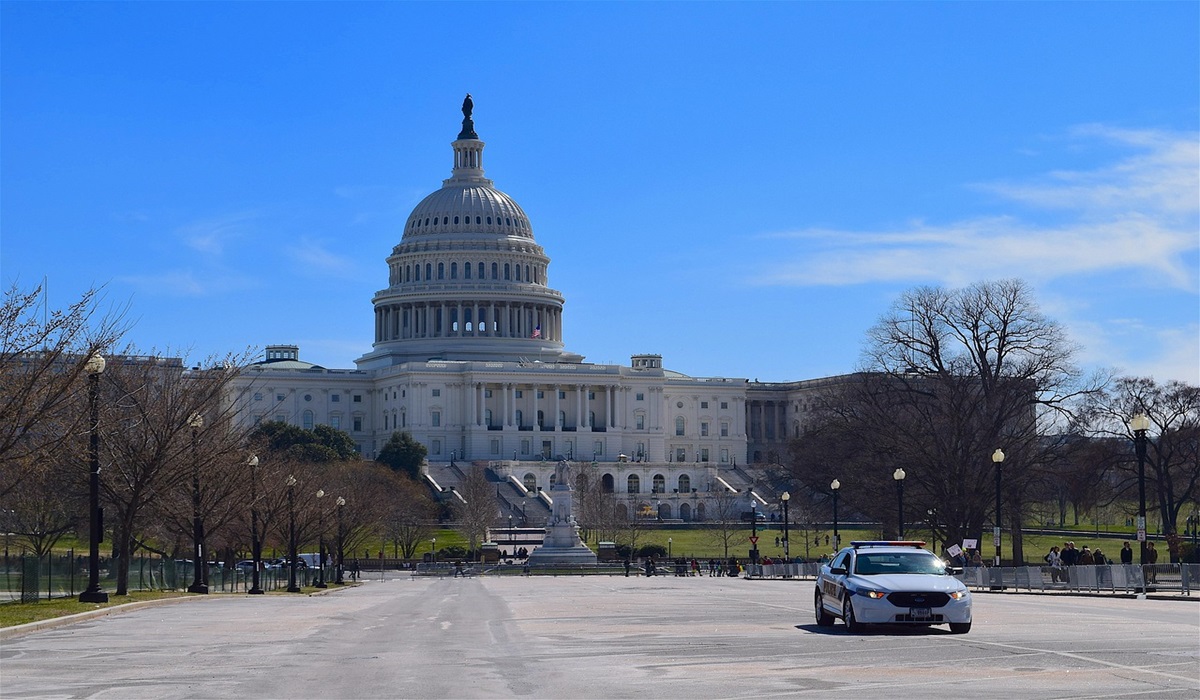
Image Credit: Robert Jones
In August 2025, a significant constitutional confrontation unfolded when the District of Columbia sued the Trump administration over its unprecedented federal takeover of the city’s Metropolitan Police Department (MPD). The administration’s justification—an alleged crime emergency—prompted the appointment of Drug Enforcement Administration (DEA) Administrator Terry Cole as the “emergency police commissioner,” effectively sidelining local leadership. This move has ignited a legal and political firestorm, raising critical questions about the limits of presidential authority, the sanctity of local governance, and the interpretation of the U.S. Constitution.
The District of Columbia’s governance is unique. Unlike states, D.C. lacks full autonomy and is subject to Congressional oversight. The 1973 District of Columbia Home Rule Act granted the city a degree of self-governance, allowing residents to elect a mayor and council. However, the Act also delineates specific circumstances under which federal intervention is permissible. Section 740, titled “Emergency Control of Police,” permits the President to assume control of the MPD if “special conditions of an emergency nature exist which require the use of the Metropolitan Police force for Federal purposes.” This provision has never been invoked until now, making the current situation historically unprecedented.
The Trump administration’s reliance on this section raises questions about the scope and intent of such federal powers. While the Act provides a legal pathway for federal intervention, it also imposes constraints, including a requirement for Congressional approval within 30 days if Congress is in session. The absence of such approval in this instance casts doubt on the legality of the federal actions.
Historically, the federal government has intervened in local law enforcement matters, but such actions have typically been in response to clear and present dangers, such as civil unrest or insurrection. The current justification—addressing a purported crime emergency—appears tenuous. Crime statistics indicate that violent crime in D.C. is at a 30-year low, challenging the administration’s rationale for intervention.
Legal scholars and constitutional experts have expressed concern over the potential abuse of emergency powers. The invocation of Section 740 in this context may set a dangerous precedent, allowing future administrations to bypass local governance under the guise of emergency powers. Such a precedent could undermine the principle of federalism and erode the autonomy of local governments.
The U.S. Constitution delineates the powers of the federal government and reserves certain rights to the states and, by extension, to local governments. The Tenth Amendment reinforces this division by stating that powers not delegated to the federal government are reserved to the states or the people. The current situation tests the boundaries of this principle.
While the President possesses significant authority, especially in matters of national security and law enforcement, this authority is not unlimited. The separation of powers doctrine ensures that no single branch or level of government becomes too powerful. The unilateral federal takeover of a local police department without clear and present danger or Congressional approval challenges this balance and raises questions about the overreach of executive power.
The legality of the federal takeover hinges on the interpretation of the Home Rule Act and the application of emergency powers. The Act provides a mechanism for federal intervention but also imposes checks to prevent abuse. The lack of Congressional approval and the questionable justification for the emergency suggest that the federal actions may exceed the legal boundaries set forth by the Act.
Moreover, the actions taken—appointing a federal official to lead the MPD, overriding local directives, and deploying federal law enforcement agencies—appear to infringe upon the District’s right to self-governance. The legal challenge mounted by D.C. Attorney General Brian Schwalb seeks to address these concerns and restore the balance of power.
The federal takeover of Washington, D.C.’s police department represents a critical juncture in the ongoing debate over the limits of presidential power and the autonomy of local governments. While the Home Rule Act provides a framework for federal intervention in emergencies, its application in this instance raises significant legal and constitutional questions. The outcome of the legal proceedings will likely have far-reaching implications for the interpretation of federal authority and the preservation of local governance in the United States.

